
This story originally appeared in Jacobin on Oct. 31, 2021. It is shared here with permission.
Last month, the Fraser Institute put out its annual Economic Freedom of the World report. As usual, it showed that “economic freedom” is positively correlated with many good things and negatively correlated with many bad ones.
Defenders of capitalism love the Fraser Institute. Libertarian philosopher Jason Brennan, for example, has made heavy use of the rankings in the context of criticizing the arguments of Marxist philosopher GA Cohen. Brennan argues that given all the positive things that come with greater economic freedom, the debate about whether capitalism is superior to socialism has a clear victor: the pro-capitalist side. The only remaining question is whether socialism would be better in a hypothetical world where humans were less selfish and lazy.
Economist Peter Leeson has deployed the Fraser Institute’s reports to mount an even more strident defense of capitalism. Many commentators, Leeson writes, think that capitalism deserves “two cheers” for yielding many good outcomes while also thinking that “excessive” or “uncontrolled” capitalism can be bad. Leeson says this is wrong because the Fraser Institute’s numbers show that capitalism deserves three cheers.
Although many relationships in the social sciences are unclear, capitalism’s relationship to development isn’t one of them. Unless one is ashamed of unprecedented increases in income, rising life expectancy, greater education, and more political freedom, there’s no reason to be a milquetoast defender of capitalism.
Even a quick glance at the Fraser Institute’s report reveals that the numbers that emerge from their methodology are flatly irrelevant to anything in dispute between social democrats, socialists, and defenders of laissez-faire capitalism.
These are bold claims. And if you just look at the Fraser Institute’s many graphs and assume that the x-axis really is about something called “economic freedom” (or, in Leeson’s language, countries becoming “more capitalist” and “less socialist”), the data does seem to prove that people live longer and are more prosperous, more educated, and more politically free in more capitalist countries. How, then, could anyone be a socialist? How could anyone even be a social democrat, aspiring to curb “excessive” or “uncontrolled” capitalism through expansive social programs and a regulatory state? The more capitalist a society is, the better the outcomes.
There’s just one problem with all of this. The premise is nonsense. Even a quick glance at the Fraser Institute’s report reveals that the numbers that emerge from their methodology are flatly irrelevant to anything in dispute between social democrats, socialists, and defenders of laissez-faire capitalism.
First, though, it’s worth pausing to talk about definitions. Many socialists think that a fully socialist society would be one where workers controlled the means of production. Since there’s never been a society where even a significant portion of the economy was put under workers’ control, the degree to which a society is socialist in this sense is hard to measure. Other socialists, though, have thought that state ownership of the bulk of the economy would be sufficient. That can be measured. There have been societies like the USSR where pretty much the entire economy was state-owned, countries like the United States with little state ownership, and countries like Norway (where almost a third of the workforce works in the public sector and the state holds shares in many companies) that are somewhere in between.
Similarly, we can make a distinction between “socialism after capitalism” (i.e., socialism in the strict sense) and “socialism within capitalism” (i.e., the policies that socialists around the world have fought for to make life better for working-class people within basically capitalist structures). This, too, can be measured. We can compare societies based on how much the state intervenes to make it easier for workers to organize labor unions, or the difference between health care systems like the one in the United States (where only a minority of the population qualifies for public health insurance), Canada (where there’s universal public health insurance but the hospitals themselves are mostly private), and in countries like Britain, Sweden, Norway, and Denmark (where most or all of the hospitals are publicly owned and the doctors and nurses are public employees).
Rankings comparing societies by the degree of state ownership would be relevant to arguments about whether societies are better off with capitalism or with at least some forms of socialism. Similarly, ranking societies in terms of their health care system or the degree of friendliness toward union organizing would be relevant to arguments about reforms socialists support within capitalism.
But all you need to do to confirm the Fraser Institute isn’t doing anything like this is to glance at the handy interactive map on their website. Play with the map for about five seconds, and you’ll discover that Norway and Sweden are both far more “economically free” than Haiti.
You read that right. Norway and Sweden tie for 37th place. Haiti sits all the way down at 118th place. That means Haiti, according to the Fraser Institute, is less capitalist than Sweden or Norway.
Pop quiz: Does Haiti have a more expansive welfare state than Sweden or Norway? Does it have a more favorable environment for labor unions? Does it have a larger public sector?
These aren’t serious questions.
So what’s going on here? The five categories the Fraser Institute uses to judge different countries are “size of government,” “legal system and property rights,” “sound money,” “freedom to trade internationally,” and “regulation.”
Four of those categories at least sound like they have something to do with contested issues between social democrats, socialists, and defenders of “uncontrolled” capitalism, although “property rights” would be more obviously relevant than the oddly mashed together category “legal system and property rights.” Hold that thought.
Meanwhile, what’s this about “sound money”? Here’s how the executive summary describes the category: “Inflation erodes the value of rightfully earned wages and savings. Sound money is thus essential to defend property rights.”
That “thus” is a little odd, since the underlying thought seems to be not so much that low inflation is essential to “defending” property rights as that it’s essential for property owners to get the benefits they would otherwise receive from those property rights. More importantly, though, the order of explanation here is the opposite of what we usually get in (misleading) right-wing arguments that the economic woes of Venezuela, for example, show that socialism produces bad outcomes. Usually, libertarians and conservatives say that socialist policies are bad because they lead to inflation. They don’t define inflation itself as somehow intrinsically un-capitalist.
How about “legal system and property rights”? The description in the executive summary is too vague to make clear what’s being measured, but the full report helpfully breaks this down into sub categories:
A. Judicial independence
B. Impartial courts
C. Protection of property rights
D. Military interference in rule of law and politics
E. Integrity of the legal system
F. Legal enforcement of contracts
G. Regulatory costs of the sale of real property
H. Reliability of police
Of these eight categories, C is the only one that sounds remotely relevant to the capitalism-versus-socialism debate. And even there, it’s only relevant if what property is being protected from is nationalization (or expropriation by the workers themselves, as in Argentina’s recovered factories movement of the early 2000s). At a stretch, G might also be salient, although the “regulatory costs” socialists want to impose on businesses (like better workplace safety laws, a higher minimum wage, measures to make it harder to bust unions) rarely have much to do with the sale of businesses.
The other six are just flagrantly irrelevant. What socialist’s complaint about the police is that they’re too reliable (H)? What socialist doesn’t want workers to be able to take their bosses to court for violating union contracts (F)? Have you met a socialist whose main complaint about US courts is that they’re too impartial (B) and independent of the government (A) or that the legal system has too much damn integrity (E)? (For a hint as to what the real complaints are, google “Steven Donziger.”) The high-water mark of absurdity, though, comes at D. Do socialists want the military to interfere more in legal and political systems? Ask Salvador Allende about that one.
One could argue that even if none of this has to do with whether societies are “more capitalist” or “less capitalist,” it at least has to do with whether those societies are living up to the ideals of many advocates of capitalism. Fair enough.
But that’s like saying the Soviet Union scored poorly on many standards near and dear to the heart of many socialists. There’s a long tradition of socialists advocating for free speech rights, for example. We’d look pretty silly if we ranked countries by how socialist they were using the degree of free speech protection as one of the metrics, thus giving the Soviet Union a lower “socialism” score than the United States . . . and thus triumphantly concluding that the degree of socialism was positively correlated with free speech protections.
This is exactly what the Fraser Institute and libertarians who tout its findings are doing when they count societies as more “economically free” (or, in Brennan and Leeson’s hands, “more capitalist”) in part because they’re less corrupt and unstable—and then use this to assert that “economic freedom” or “capitalism” itself leads to more democracy and better political outcomes. Are there worse outcomes in societies with high inflation, high judicial corruption, and frequent military coups? No kidding. This is supposed to have what exactly to do with long-standing debates about capitalism and socialism?
Does the history of the 20th century include plenty of fodder for intellectually honest criticisms of at least some forms of socialism? Of course. But the Fraser Institute is just cooking the books.
This post was originally published on The Real News Network.
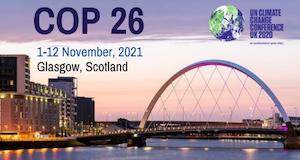
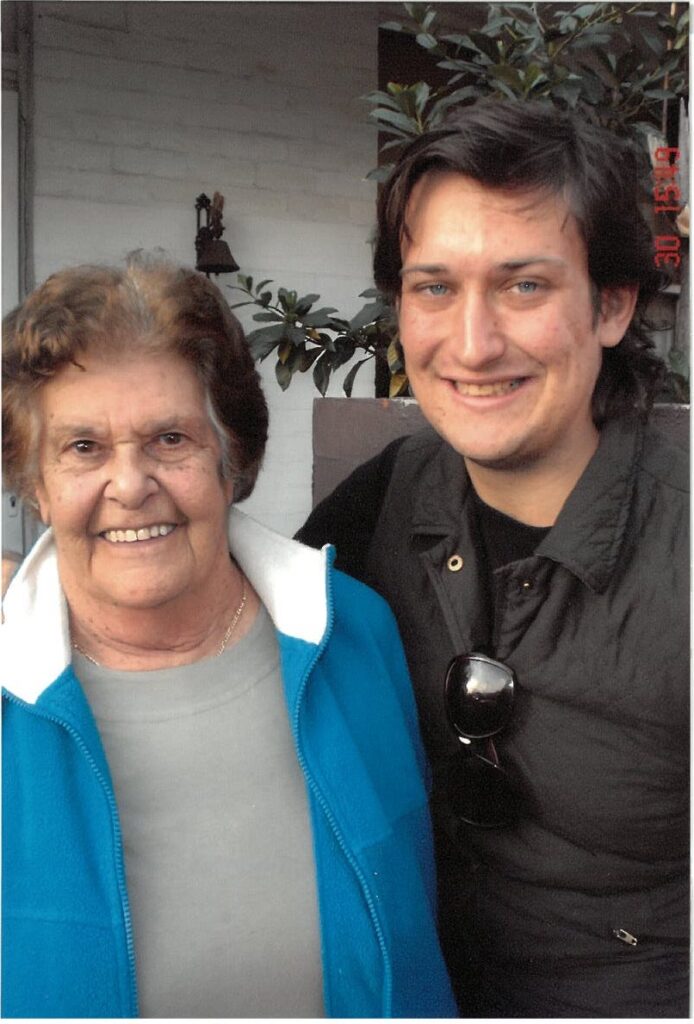
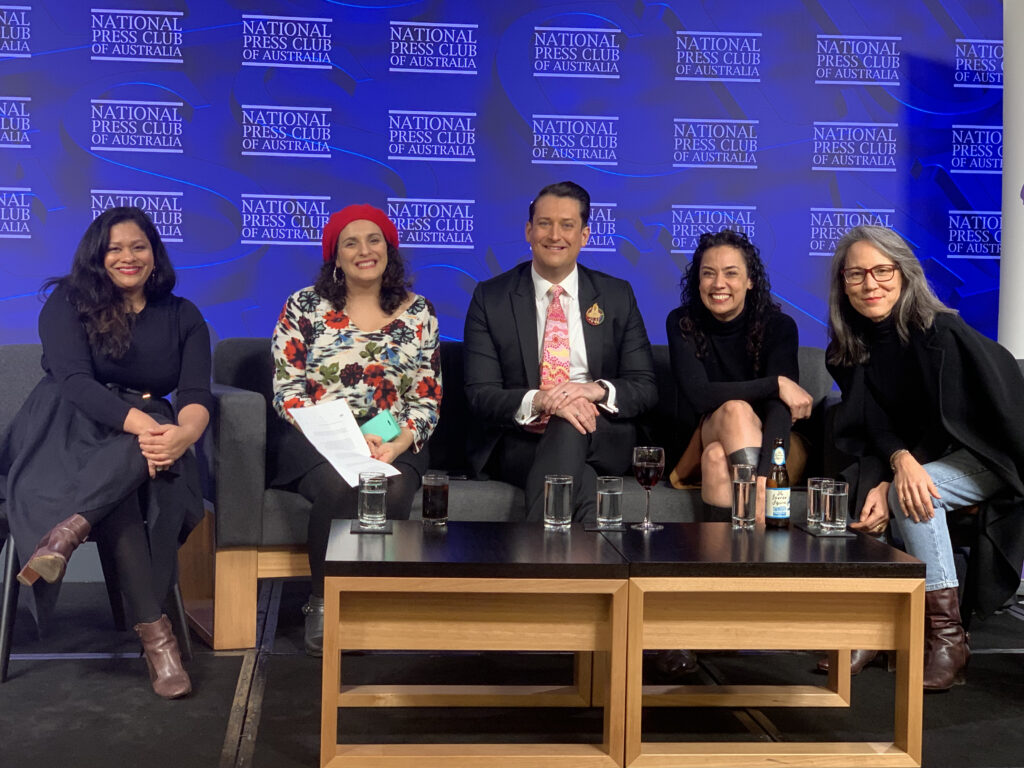
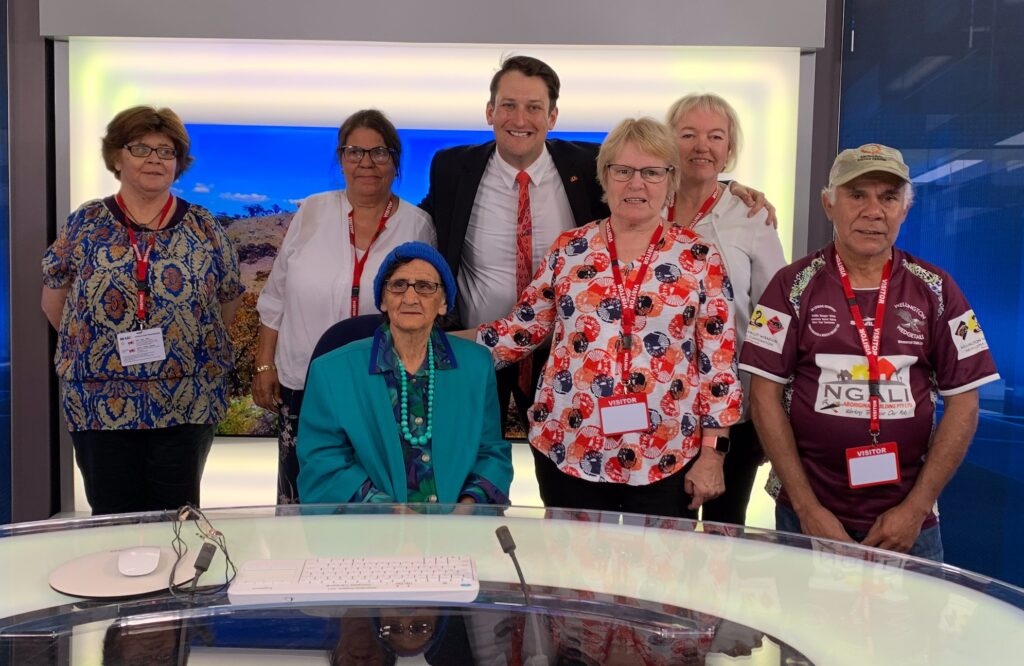

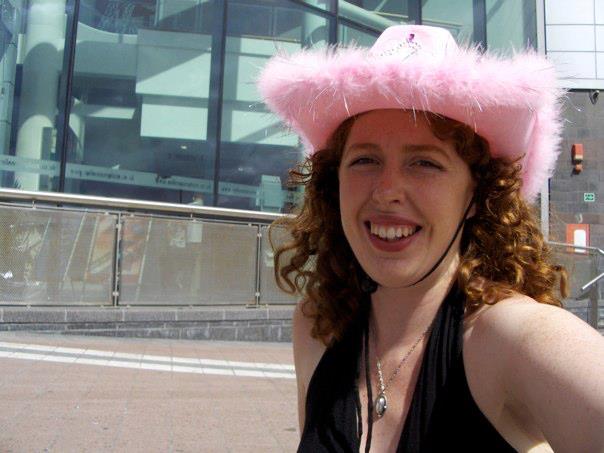









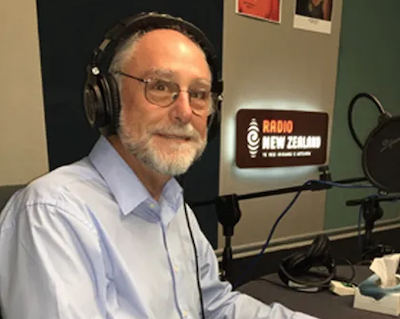
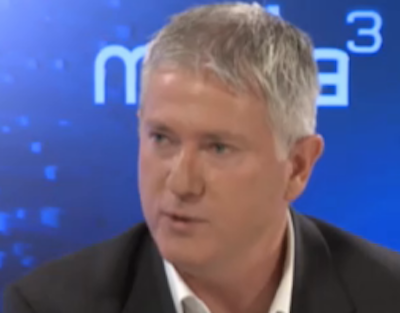
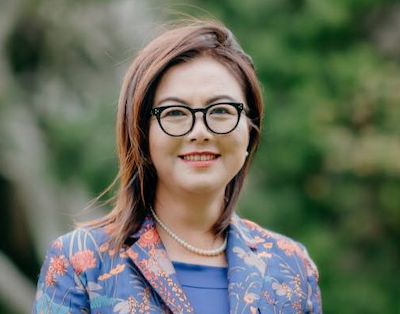
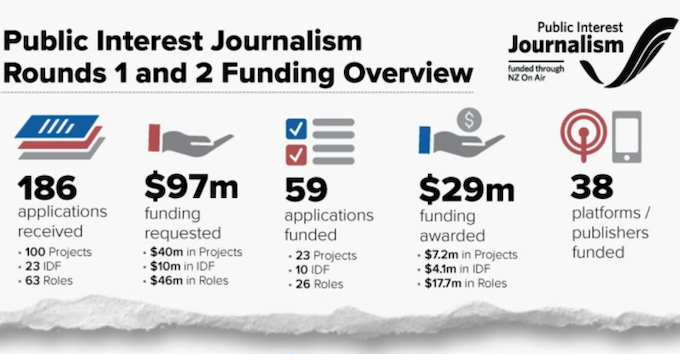



 Wear a Mask, Scan QRs, Vaccinate (@marcdaalder)
Wear a Mask, Scan QRs, Vaccinate (@marcdaalder)  Finally someone, male or female, white or whatever, str8 or lgbtq+, with the balls to give Israel the finger in the mainstream media. Chappelle is the American Hamas, lobbing his homemade rockets, flying his balloons out of besieged America at the dastardly foe, which relentless steals and then colonizes our minds, forcing us to our knees to atone for our inbred antisemitism.
Finally someone, male or female, white or whatever, str8 or lgbtq+, with the balls to give Israel the finger in the mainstream media. Chappelle is the American Hamas, lobbing his homemade rockets, flying his balloons out of besieged America at the dastardly foe, which relentless steals and then colonizes our minds, forcing us to our knees to atone for our inbred antisemitism.

